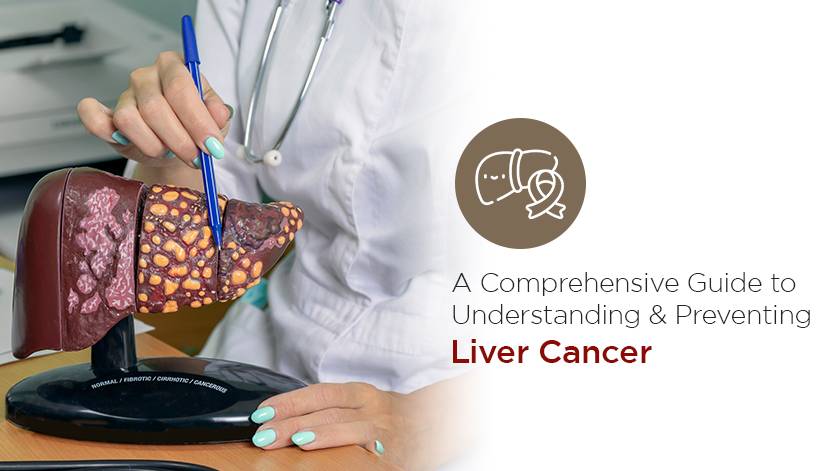Liver cancer ranks as the fifth most prevalent cancer in males and the ninth most prevalent cancer in females globally. Understanding the risk factors, symptoms, and preventive measures associated with liver cancer is crucial for early detection and effective management. In this comprehensive guide, let us delve into the intricate details of liver cancer, providing you with valuable insights into its causes, detection methods, liver cancer treatment options, and lifestyle changes that can help prevent its onset.
